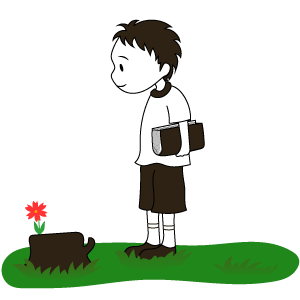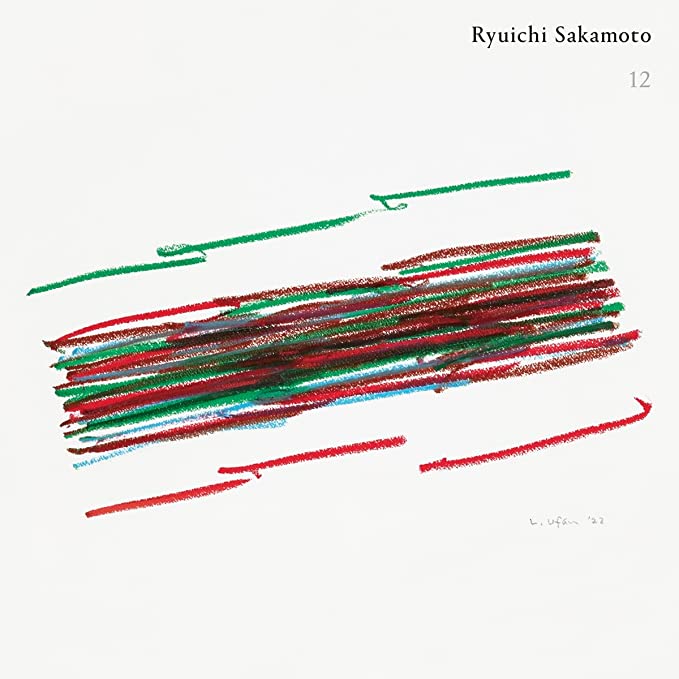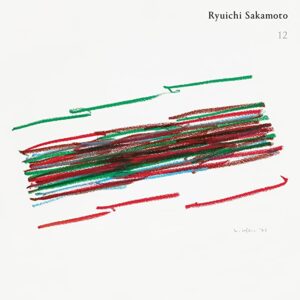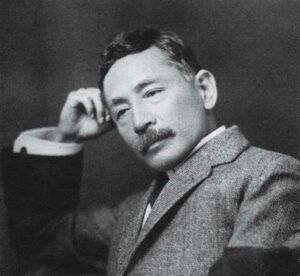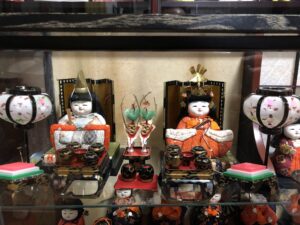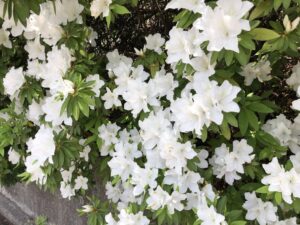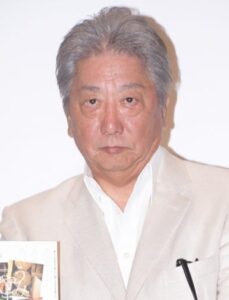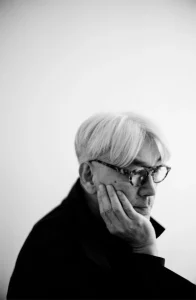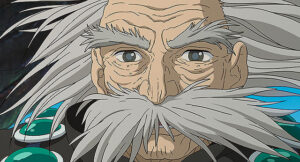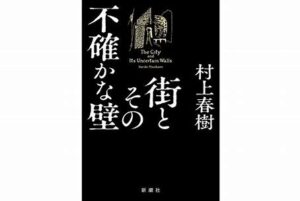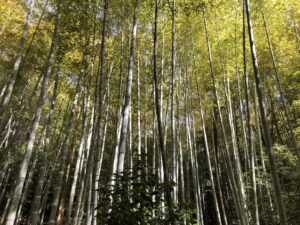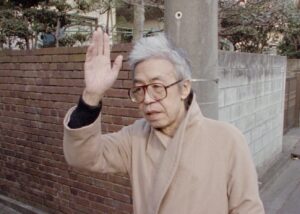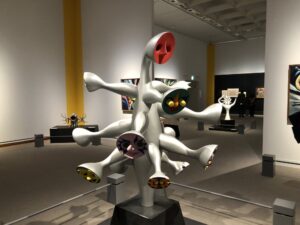This is my first new album in 6 years since my last one “async”.
I have been looking forward to it for a long time. Not only because I am a big fan, but also because when I write novels, I always play Ryuichi Sakamoto’s music non-stop all the time. I loved it that much, and it was necessary music for my literature.
However, due to the death of Yukihiro Takahashi shortly after I bought this album, I listened to it only a few times after it was released and then put it away for a while without listening to it. This is because it was very painful to listen to it.
To begin with, the songs on this album were recorded as if writing a diary. Indeed, the songs on the album are marked only with dates.
And the construction is simple, with only piano, synthesizer, and nature sounds.
However, when you listen to the songs over and over again, you realize that the earnestness and emotion of facing one’s own death overflows from behind the simple sound.
As Mr. Sakamoto called these songs “sketches,” they do not have a message (although Ryuichi Sakamoto has always said that message songs are lame) or a fixed theme. I guess he wanted to express his changing mental landscape only with synthesizers, piano sounds, and nature sounds. Or perhaps it was enough.
And when I listened more deeply, I found that “death” was also playing as a concerto bass tone in these pieces.
This is completely on my own, but I always feel death in Sakamoto’s music, and not just in this album. In fact, every album reminds me of death.
A critic (Hideo Kobayashi?) once said, “Death” is not something that can be felt. I agree with him.
This is true not only for original albums, but also for movie soundtracks such as “Shelling Sky” or “Tony Takitani”.
This was especially true of the immediately preceding album, “async”. It sounded like Mozart’s Requiem.
And this album “12” reminds me more of a Zen ink painting than an impressionist painting. The “ego” fluttering in the big world, the “consciousness” melting away, and the small “existence” standing quietly in a corner of the vast world.
It is as if we can hear a prayer for the repose of the soul of a person who has seen his or her own death.
And the single note played on the piano is like listening to the quiet cry of Ryuichi Sakamoto, which really pierces the heart. It reminds me somewhat of the music of Debussy, whom Sakamoto adores.
The older Sakamoto gets, the more his music becomes less and less useless and obscene, and the more it reaches a deeper and higher level.
In fact, I was not so fond of Sakamoto’s music in his younger days. I felt that his songs, such as “A Thousand Knives,” were somewhat too clever, and that only those who understood my music should listen to them. It was a little too painful for me, because I thought I had no talent whatsoever.
But now I’m all grown up (in a good way), and it easily penetrates my mind like the chanting of the Koran.
And just as many writers, when they suddenly start writing their diaries before their death, desperately try to leave some words behind, Ryuichi Sakamoto, a musician, may have tried to leave his own “sound” in this world, not a name, a tombstone, honor, or fame.
However, I feel that this album has delivered his unquenchable “sound” to the hearts and minds of his fans.
And this may be a cruel wish as a fan, but I hope that he will live even longer and let us hear his “sound” that has reached an even higher level.
See you soon.
